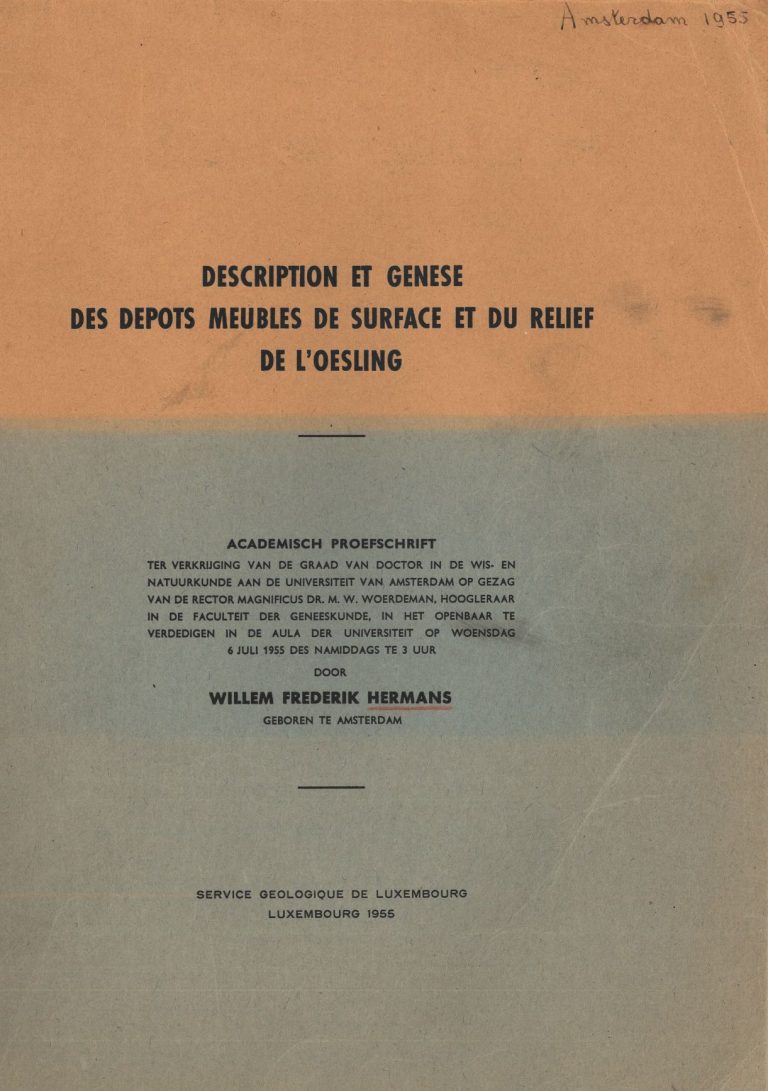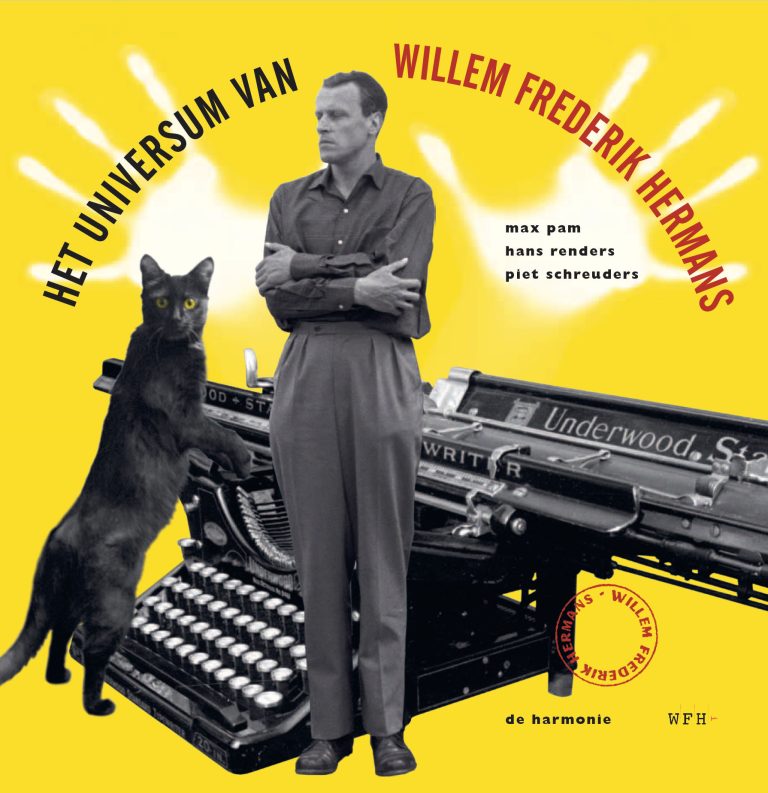Dap Hartmann recommends doctoral candidates to read Beyond Sleep. When encountering setbacks, you can draw solace from it, reminding you that matters could be worse.
(Photo: Sam Rentmeester)
Willem Frederik Hermans was the greatest Dutch writer of the post-war era. He wrote 13 novels, including Beyond Sleep, about the setbacks and frustrations of a PhD researcher; ‘Onder professoren’ (amongst professors), a roman à clef about jealousy and small-mindedness in academia; and his best-known book The Dark Room of Damocles, about resistance and collaboration during the Second World War, with a sinister Doppelgänger motif. However, Hermans’ true brilliance, in my view, resides in his essays and his razor-sharp polemic columns. His self-published essay collection entitled Mandarins on sulfuric acid (1947) landed like a bombshell, earning him the reputation of an unyielding critic. Hermans himself viewed it as akin to snow shovelling: clearing away what would naturally dissipate. Many essayists and columnists were inspired by his impeccable style and his mastery of language.
 Cover of doctoral thesis.
Cover of doctoral thesis.Hermans graduated in social geography in 1950 and obtained his doctorate with honours from the University of Amsterdam in 1955 with his dissertation entitled Description et genèse des dépôts meubles de surface et du relief de l’Oesling. It describes his research into rock erosion in the southern Ardennes based on the analysis of hundreds of soil samples for grain size and the presence of various minerals. It was written in French and printed in Luxembourg in a limited edition of 250 copies. Fellow writer Gerard Reve was one of his paranymphs. Recently, graphic designer Piet Schreuders unearthed captivating photos by Ed van der Elsken of the graduation ceremony from the archives of the Dutch Photo Museum in Rotterdam.
 Book cover of Willem Frederik Hermans’ Universe.
Book cover of Willem Frederik Hermans’ Universe.For fanatical Hermans enthusiasts, the so-called Hermansians, who consider every shred of their beloved writer’s output as a relic, his dissertation stands as a veritable holy grail. The rare copies which appear on the market sell for high prices. As an ardent admirer of Hermans, I wanted to see his thesis and to my immense delight the TU Delft Library possesses a copy. It belongs to the Trésor, the library’s treasure trove, that boasts a unique collection (60,000 items) of rare books, magazines, maps, atlases, prints and photo books. These are not available for loan, but can be consulted by appointment (tresor.tudelft.nl). Consequently, I had the privilege to examine Hermans’ thesis and I discovered that one of his propositions was: ‘It is doubtful whether the “alienation of physics” was any less profound in the 18th century than it is today.’
With my deep appreciation for Hermans’ multifaceted oeuvre, it was an honour and an immense pleasure to be asked to be editor in chief of Willem Frederik Hermans’ Universe, a magnificent book, both in substance and design, written by Max Pam, Hans Renders and Piet Schreuders. The authors had the rare privilege to explore the extensive Hermans archives at the Royal Library for two years, resulting in a book which almost entirely consists of previously unpublished letters, documents, photos, and collages.
Every PhD student should read Beyond Sleep. For when you encounter setbacks in your research, solace can be drawn from its pages, reminding you that matters could be much worse …
Dap Hartmann is Associate Professor of Innovation and Entrepreneurship at the Delft Centre for Entrepreneurship (DCE) at the Faculty of Technology, Policy and Management. In a previous life, he was an astronomer and worked at the Harvard-Smithsonian Center for Astrophysics. Together with conductor and composer Reinbert de Leeuw, he wrote a book about modern (classical) music.


![[Column] W.F. Hermans’ doctoral thesis](https://delta.tudelft.nl/wp-content/uploads/2023/12/DapHartmann_4623_WEB.jpg)
Comments are closed.